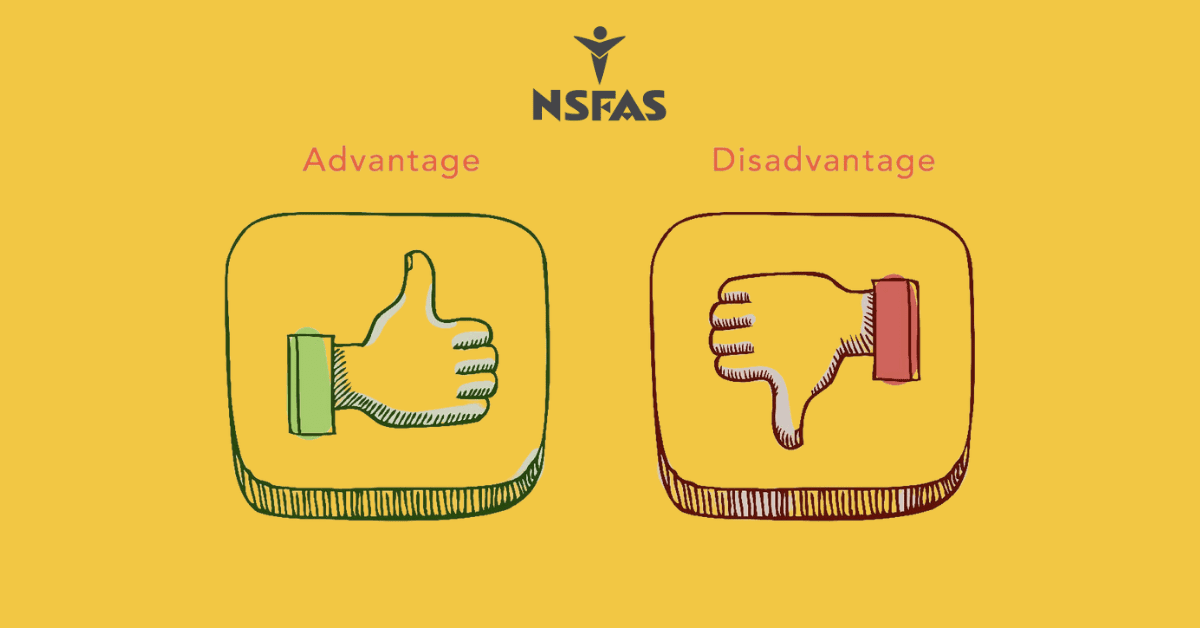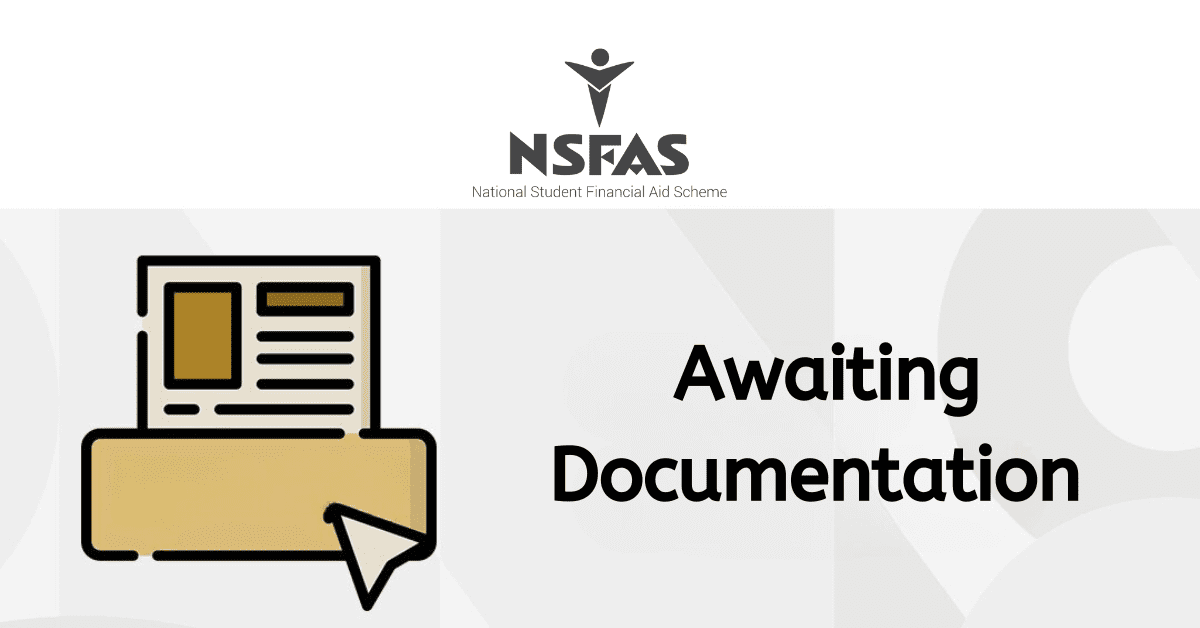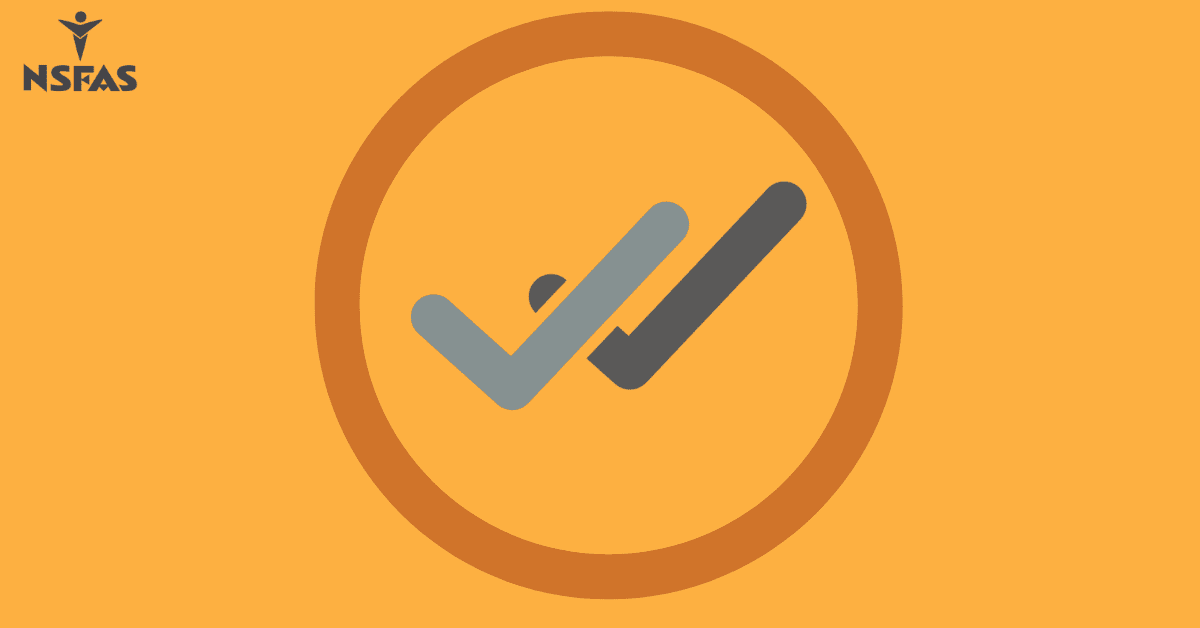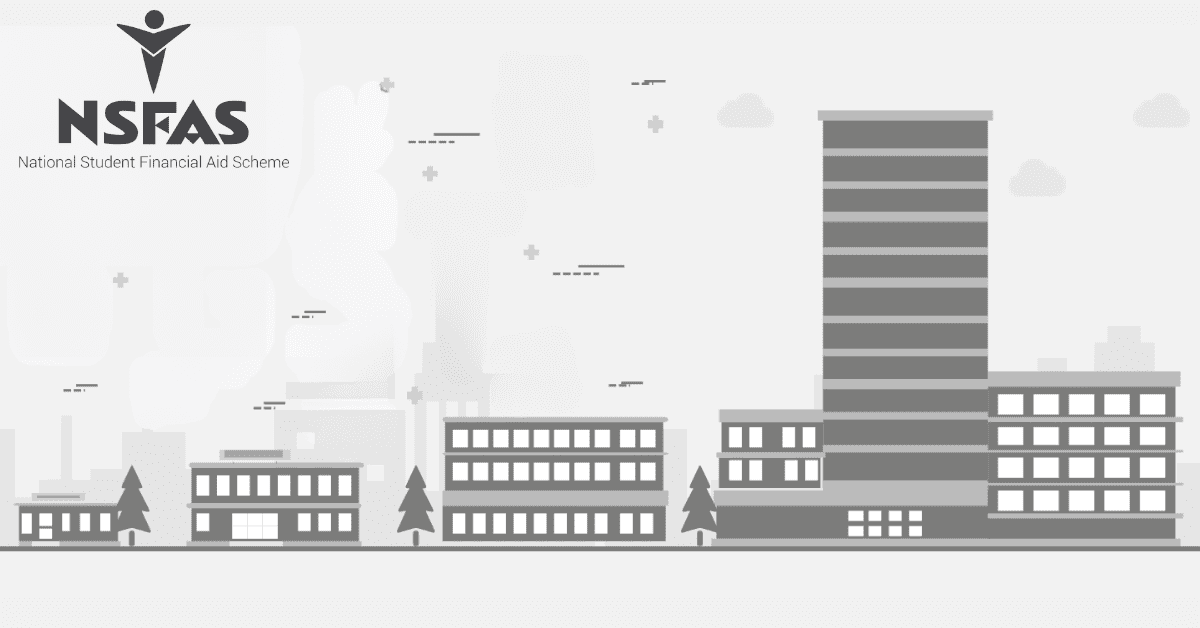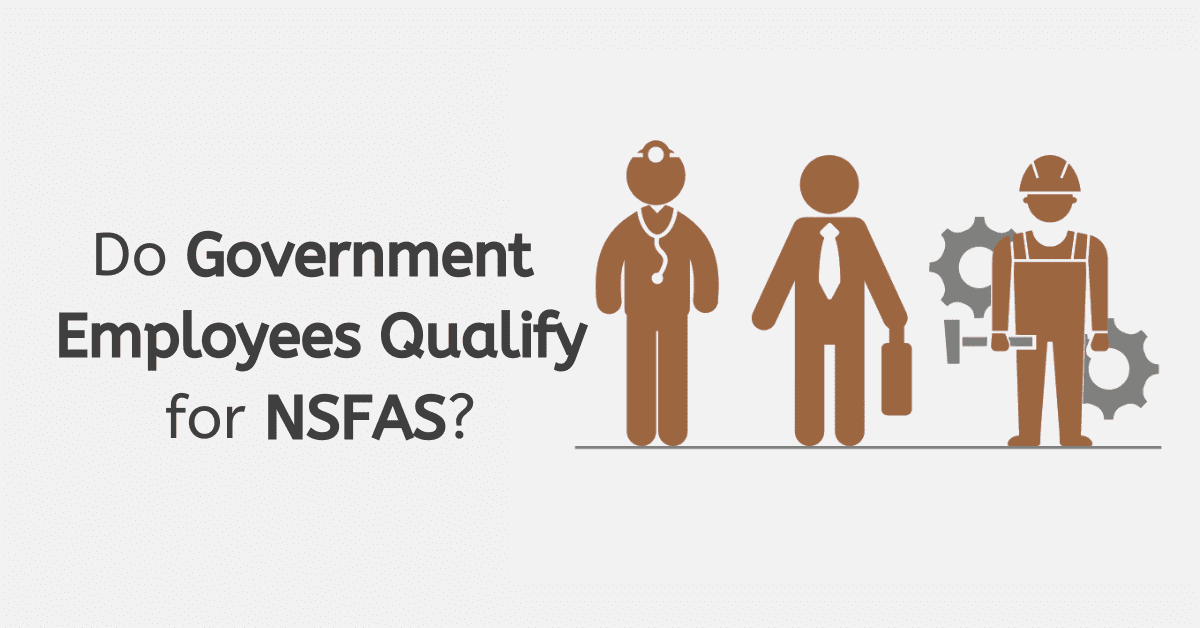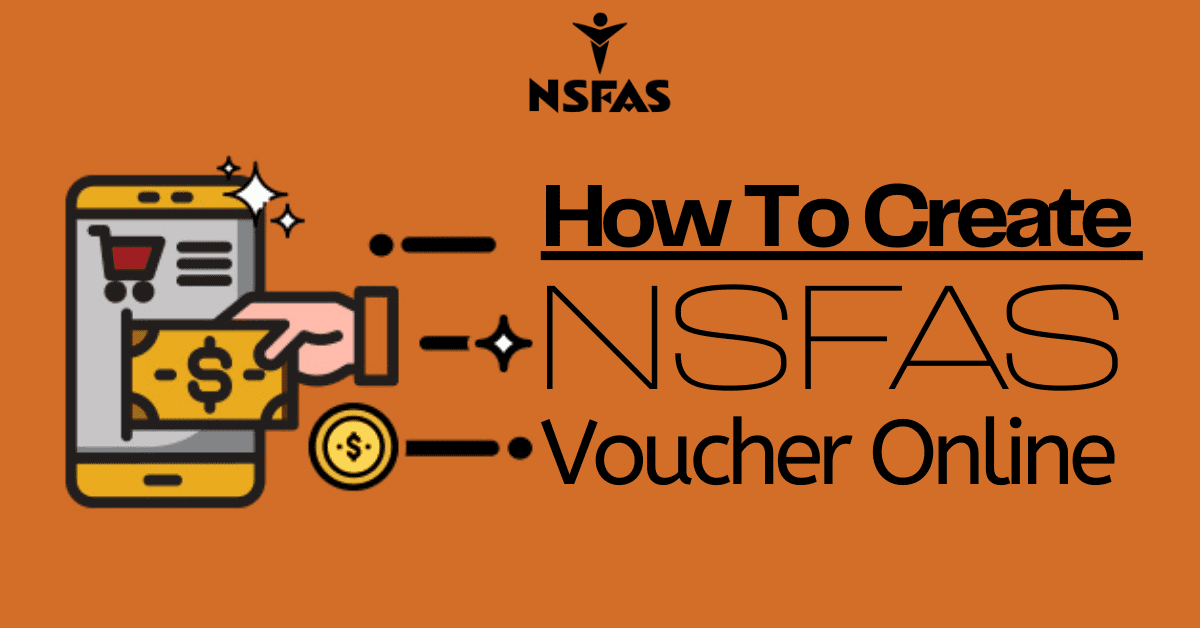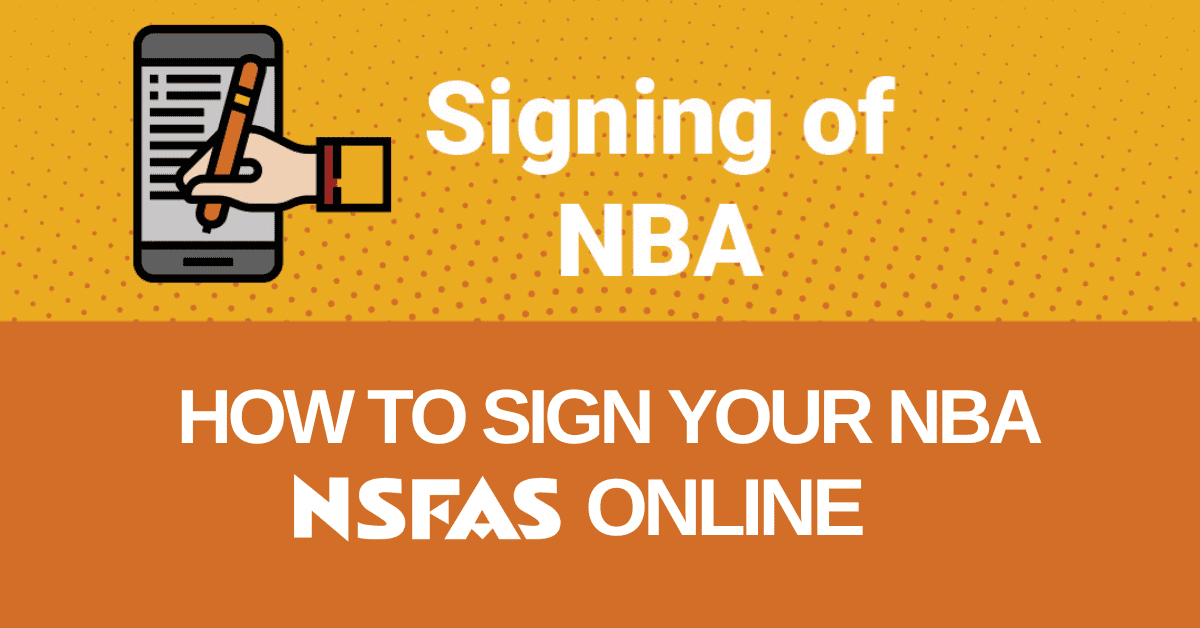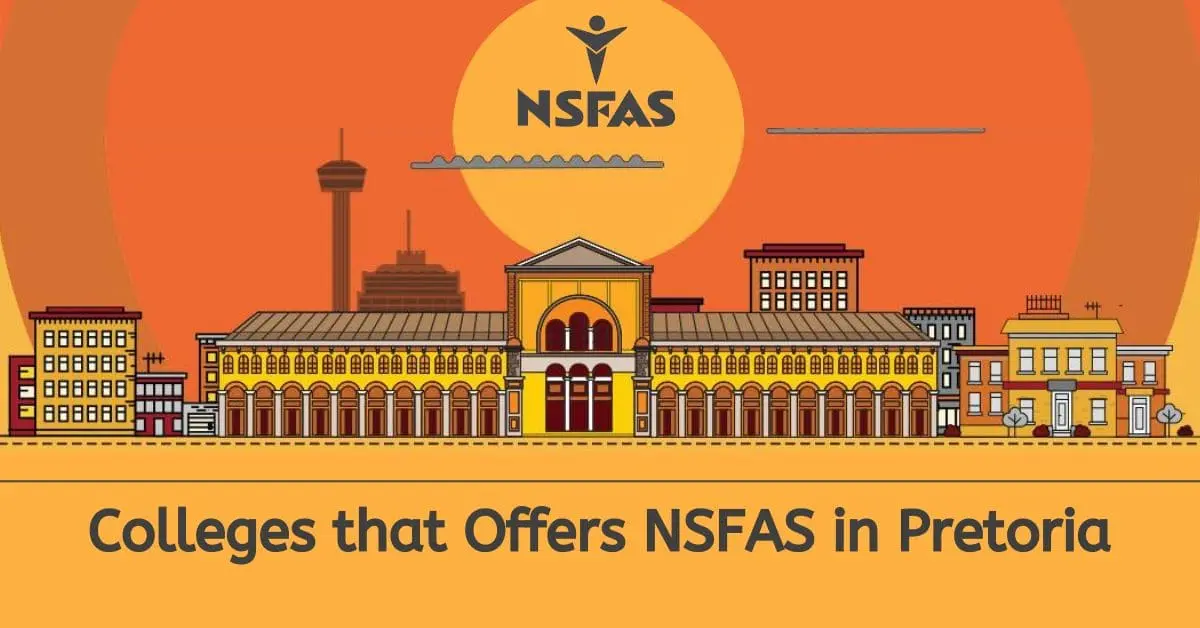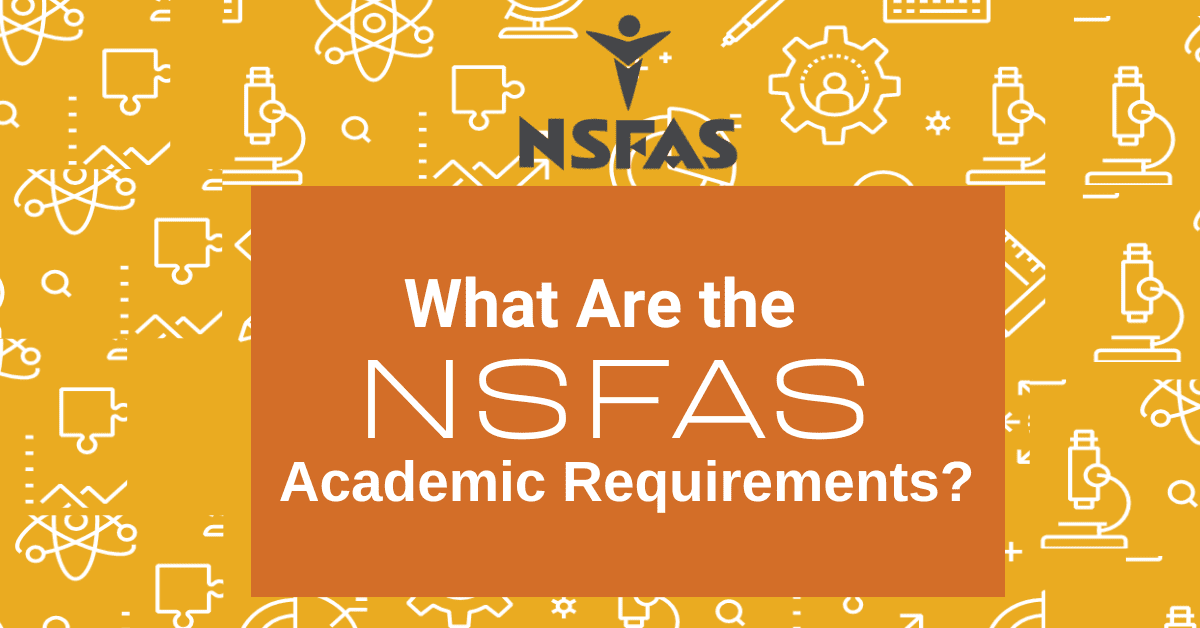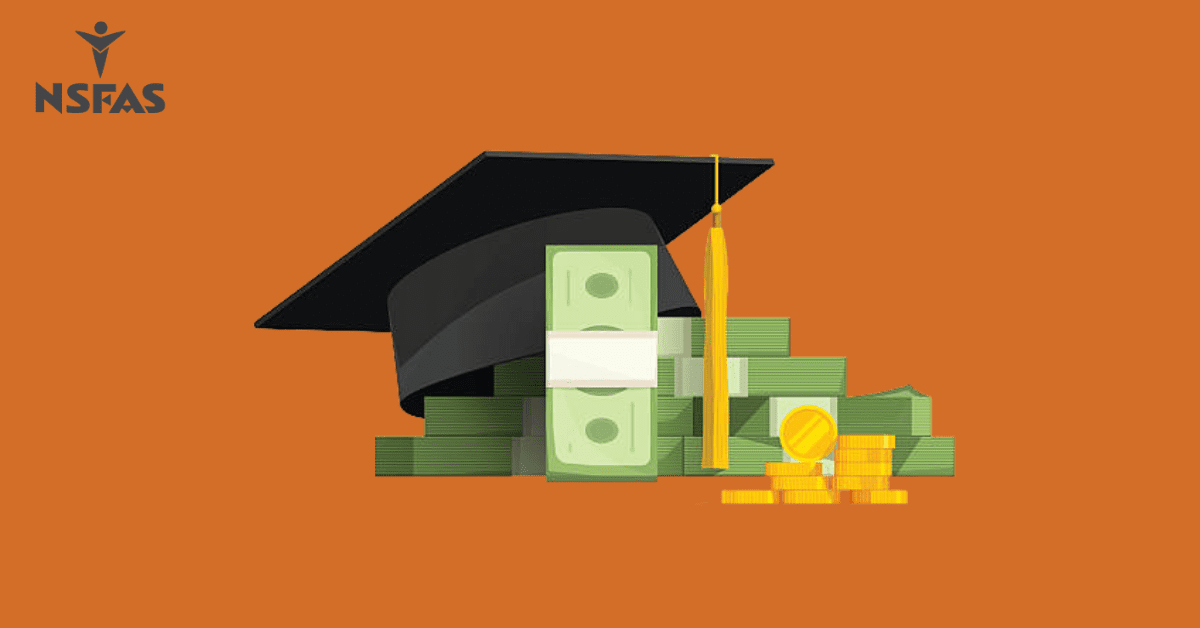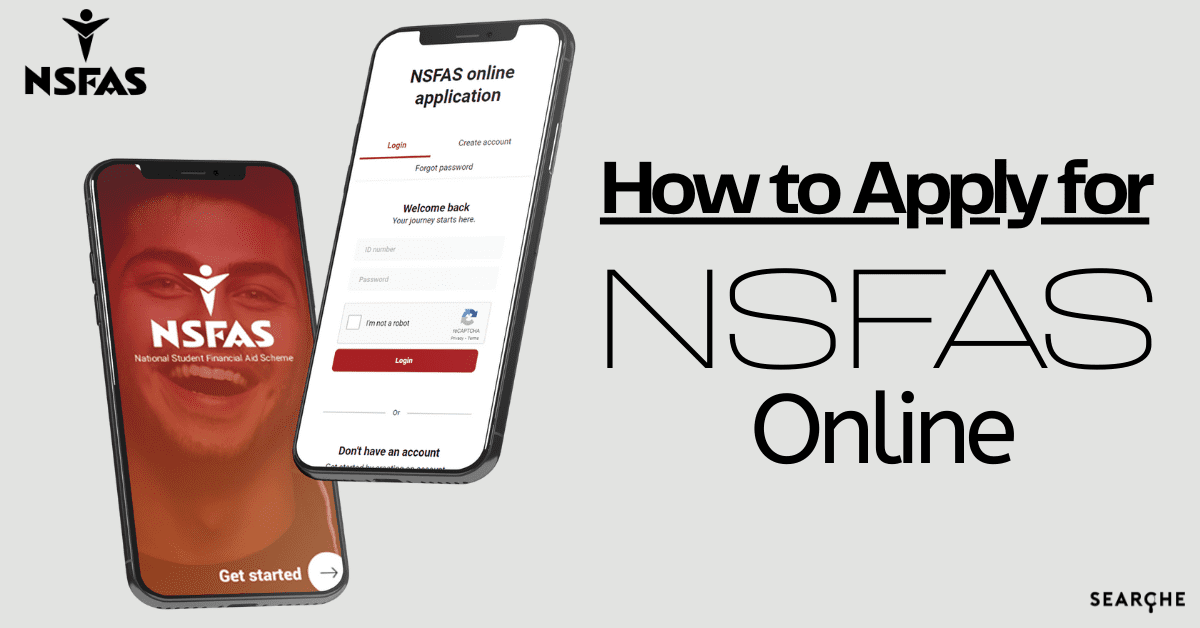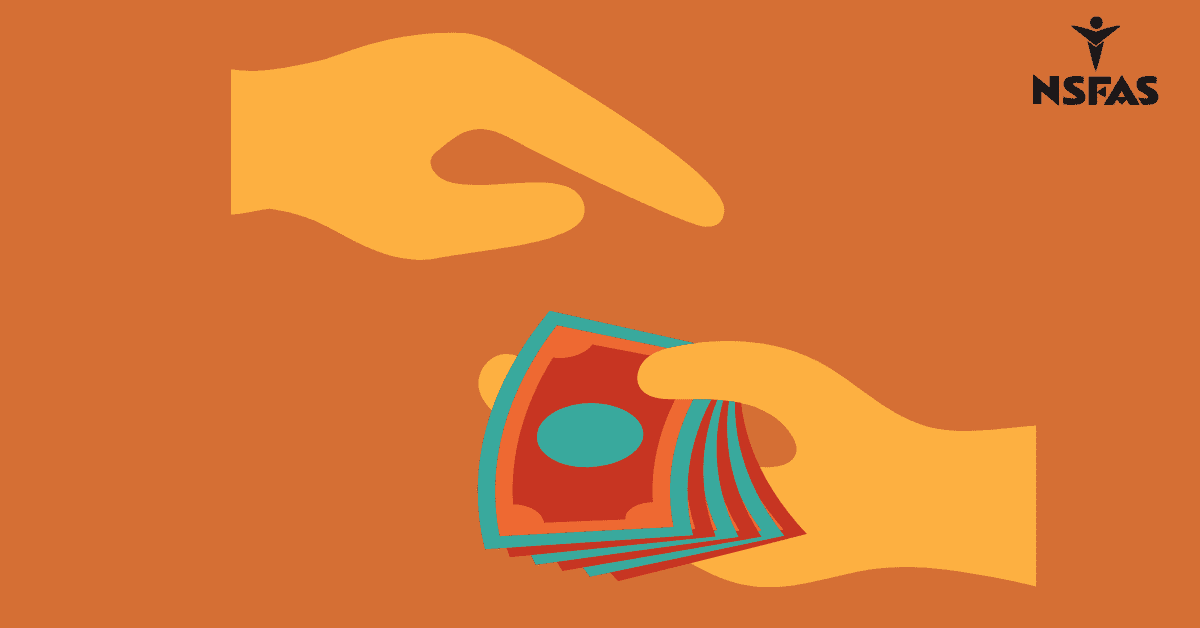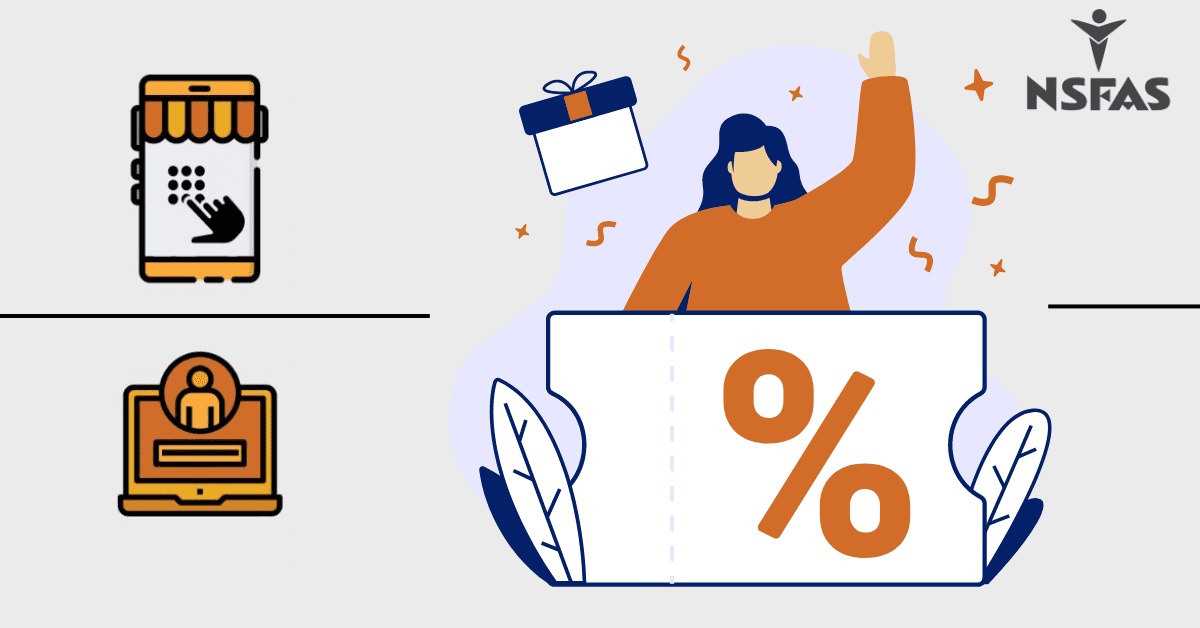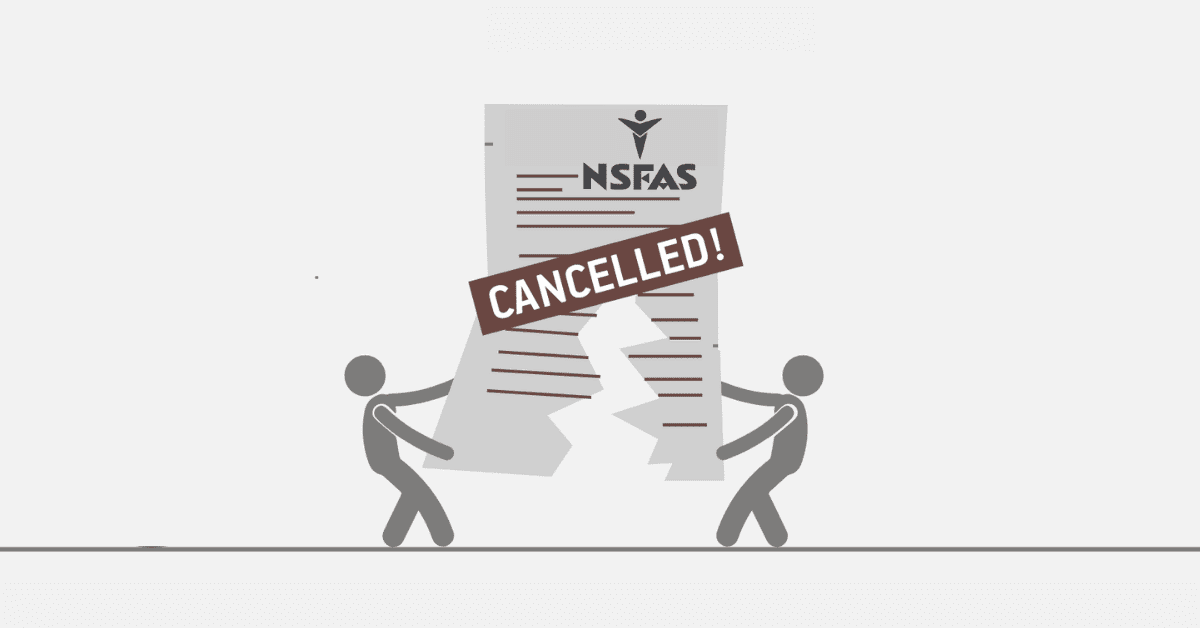The cost of tertiary education can be a significant barrier for many South African students. However, the National Student Financial Aid System (NSFAS) attempts to increase access to higher education for students from low-income families. Household income is one of the critical elements that determine NSFAS eligibility. This article will cover the minimum household income needed for students eligible for NSFAS assistance.
How Much Must Your Parents Earn To Qualify For NSFAS?
Students in South Africa who cannot afford postsecondary education are eligible for financial aid through the NSFAS (National Student Financial Aid Program). Your parents’ combined annual income must be less than R350,000 to qualify for NSFAS. The NSFAS considers your parents’ gross income, deducts taxes, and accounts for the home’s size, makeup, and location. You must include a brief budget in the NSFAS application so that specialists can decide how much funding you are eligible for.
Even if you currently have a job, you may still be eligible for the NSFAS if your total household income is less than R350,000 annually. Monthly and annual payments are included in the NSFAS allotment until 2025. Your monthly budget consists of an R433 book allowance, an R1250 living allowance, an R241 incidental allowance, an R625 travel allowance, and lodging costs that are determined by the costs of your place of residence. The five categories covered by your annual allowance are the same ones that NSFAS pays for each year.
You must be a citizen of South Africa and have an annual family income of less than R350,000 to be eligible for NSFAS. Also, households with students with impairments should earn at most R600,000. Overall, NSFAS gives students an excellent chance to pursue postsecondary education, and the standards are manageable, so your chances of getting accepted are good.
How Does NSFAS Check Household Income?
A student’s eligibility for financial help is determined by “means testing” by the NSFAS (National Student Financial Aid System). Means testing considers a student’s family’s or household’s income and expenses, including those of their parents or guardians, as well as any additional sources of income, including business and rental income, piecework, and other types of payment. The NSFAS also considers the total number of family members, the size of the family as a whole, the location of the household, and any other elements that can impact the household’s financial situation. NSFAS requires gross income and accompanying documents like paystubs, bank statements, or tax filings to calculate household income accurately.
When more than one household member submits an NSFAS application, the total household income will weigh to determine financing eligibility. All eligible members of the household may get support from NSFAS. However, the amount of funding may vary depending on the household’s income and other factors. The final financing choice relies on the unique circumstances of the individuals and the availability of finances, but each case is assessed individually. Due to a lack of funding, late proposals are more likely to be rejected.
For most applicants, the NSFAS maximum household income is R350,000 per year or R29,100 per month, and students with impairments who are officially recognized may have a combined household income of up to R600,000 per year. With proof of income, applicants can apply for NSFAS, and providing false or incomplete information may result in the application being rejected or the funding being stopped.
Who Doesn’t Qualify for NSFAS?
Students who meet specific requirements can receive money through the National Student Financial Aid Program (NSFAS). Even if the Covid-19 pandemic has made funding more necessary, not all students will be eligible for financial aid. Students with households earning less than R350,000 every year can apply, according to Blade Nzimande, Minister of Higher Education. Moreover, SASSA grant recipients, people with household incomes of no more than R350,000 annually, and those with disabilities with no more than R600,000 annually qualify for financing.
However, students who don’t fit the abovementioned requirements will not be eligible for support. This group includes students who do not hold South African citizenship or permanent residency, those who do not intend to enrol in or are currently enrolled in a South African public university or TVET college, and those who do not fall within the designated income category.
Submitting the appropriate supporting documentation is essential to obtaining funding approval and timely payment. A copy of the applicant’s ID, copies of the IDs of their parents or guardians, and proof of income are all required supporting documents. Affidavits won’t be taken into account as evidence for any financing requirements.
How to Write Annual Gross Income on NSFAS Application
Applicants must give their annual gross income on the NSFAS application. This earning refers to the applicant’s total income before any withholdings or taxes are removed.
Candidates should check each wage statement, such as a payslip or a tax return, to appropriately disclose this information. The applicant should mention their income from all sources, whether self-employed or other. When completing the application, it is crucial to be honest and exact because giving false information may cause you to lose out on NSFAS funds.
How Much Should a Person Earn to Qualify for NSFAS?
To be eligible for the National Student Financial Aid Scheme (NSFAS) financing in South Africa, an applicant must be a South African citizen, desire to enroll in an undergraduate or postgraduate degree, and come from a family with a combined annual household income of no more than R350 000. The compound annual household income for students with disabilities should not exceed R600,000.
The funding lists for qualified students who plan to continue their education at any of South Africa’s 26 public universities and 50 TVET colleges have been made public by the NSFAS Board. All qualified students with a positive financing status are encouraged to visit their universities to complete the registration process for the upcoming academic year. According to the subsidized policy for higher education, the registration fee has been waived for students who receive NSFAS funding. According to this rule, no NSFAS-supported student whose name is on the funded list should be required to pay registration fees.
Also, NSFAS has a new procedure for handling appeals. Students disqualified for not meeting the academic requirements might appeal to NSFAS. Students can file appeals via the myNSFAS Student Portal. These appeals are valid for 30 days after the unsuccessful assessment date. However, affidavit-based requests will not be considered.
